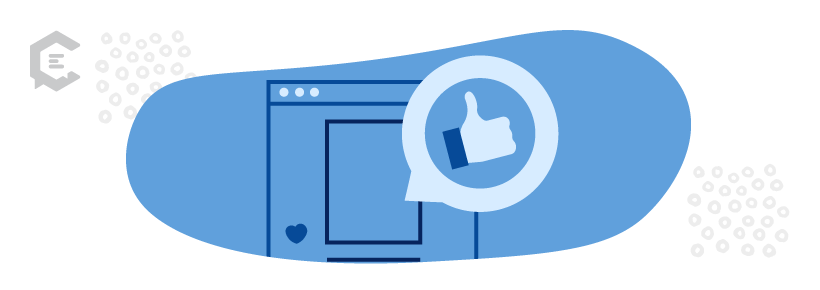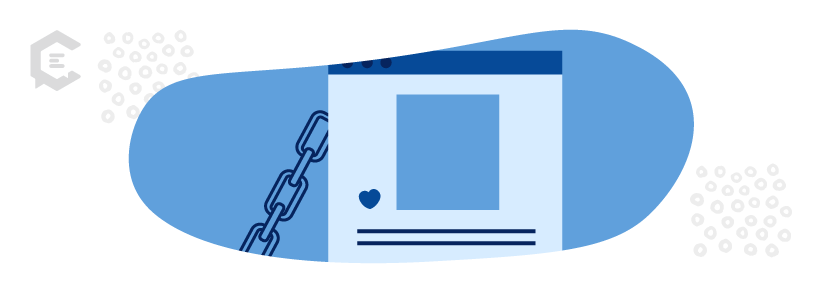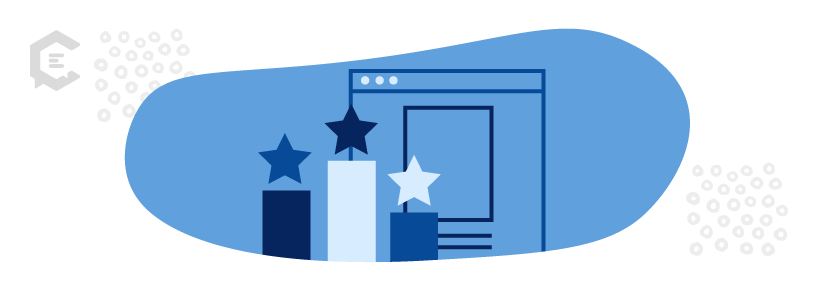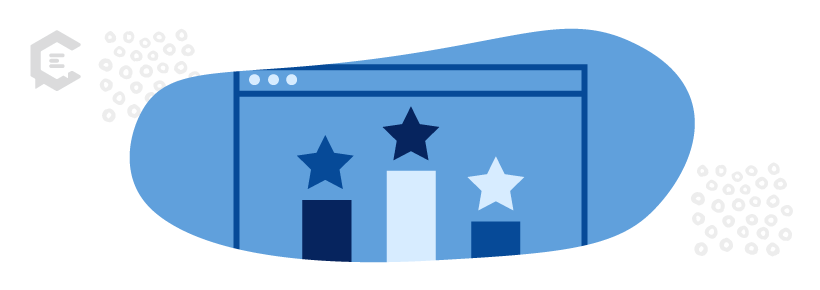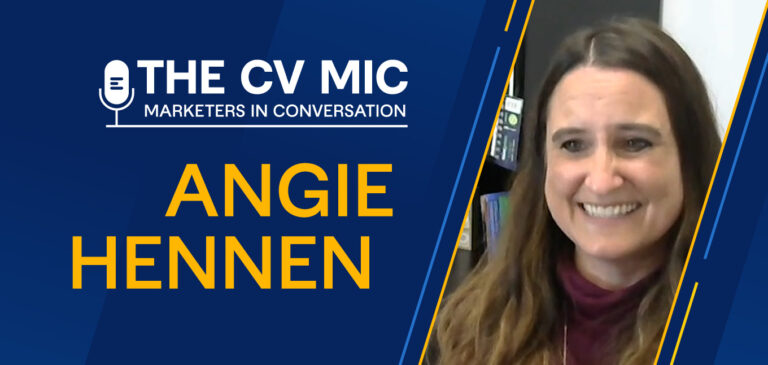We all know that a good backlink profile influences organic rankings, and so does on-page signals such as website copy and meta titles and descriptions. As a result, these are some of the top areas where search engine optimization (SEO) professionals focus on in their campaigns. However, the impact of social signals on Google ranking has been a leading topic of debate, with observations that contradict the statements from Google.
So what’s the real relationship between social media and SEO? Does Google use social signals to determine rank? If yes, how do social networks improve SEO? More importantly, what does it mean for your SEO strategy? These are some of the questions that you might be asking right now. Let’s explore in-depth the relationship between SEO and social media and how to make it work for you.
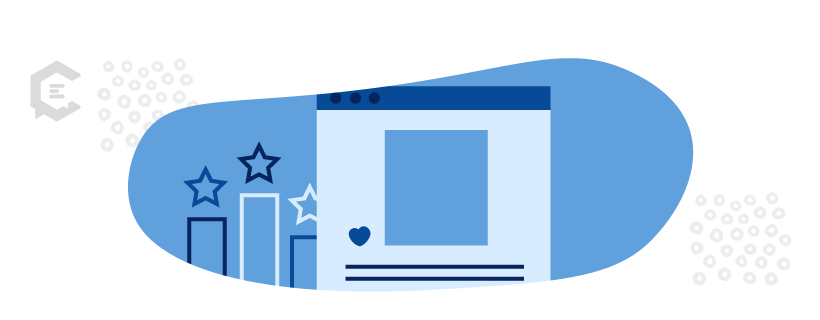
Does social media affect SEO ranking?
Now the biggest question is whether social media really affects SEO ranking. The official stance of Google, based on Matt Cutt’s statement back in 2014, is that Google doesn’t use social signals to rank pages for SEO. However, many SEO professionals seem to disagree because they’ve observed a correlation between higher social shares and organic rankings.
In fact, according to the State of SEO 2021 survey from Search Engine Journal, social signals are among the 15 ranking factors. Although it doesn’t have as much of an impact as on-page signals and organic user behavior, many SEO professionals believe that social signals have at least some impact on search engine ranking based on their experiences.
Moreover, in a study of 23 million social shares, CognitiveSEO found that there’s indeed a correlation between a strong social media presence and better rankings. While correlation isn’t causation, it’s still worth taking a closer look at the relationship between SEO and social media.
Meanwhile, on Bing, it’s a completely different story. Social signals are one of the key ranking factors in the search engine. Based on these details, it’s clear that we can’t completely discount the impact of social signals on Google ranking and on SEO as a whole.
How are social signals used in SEO?
So if there’s really some correlation between your social media presence and your organic ranking, how does it all work? Let’s take a look at the different ways in which social media can impact SEO.
Increased traffic to your site
With SEO taking some time to show results, it can be challenging to gain momentum when you’re just starting out. Meanwhile, search engines look at user behavior signals such as time on site and pages per session when ranking websites. When you’re not getting sufficient traffic, it can be extremely difficult to bump up those user behavior signals.
One of the best ways to tackle this dilemma is by using social media to drive high-quality traffic. Social media helps you get your website and content in front of the right audience, which will result in traffic. As more and more people visit your site and contribute to your user behavior signals, it can improve indexing and help your page rank faster in relevant search results pages (SERPs).
Opportunity for backlinking
Off-page signals like backlinks have a significant impact on your organic ranking. In fact, according to the SEMrush Ranking Factors 2.0, total referring domains and total backlinks are one of the top ranking factors. So if you want to climb to the top of Google search rankings, you’d want to get as many backlinks as possible from reputable websites.
As you might’ve guessed, reputable sites will only link to content that they find valuable, relevant, and high-quality. This makes it crucial to consistently produce high-quality content that adds value to the lives of your target audience if you want to gain more backlinks.
However, while you might have awesome content, the chances of getting backlinks for it are low if you’re still new to SEO and your page isn’t yet ranking high in relevant SERPs. This is because people who might want to link to the content are not seeing it yet. In other words, you need more people to discover your content to earn those coveted backlinks.
This is why distributing your content on social media is so important because it’s an effective way of getting it in front of the right people. As more people see your content, the chances of someone reading it and subsequently linking to it also increase.
Boosting credibility and authority
When ranking a page in search results, search engines look at topical authority to determine relevance. This means they look at how much authority the page has on the topic or the search term, which will enable them to deliver high-quality and relevant results to users. As such, producing quality content regularly is important as it helps you build topical authority and gain credibility in the eyes of search engines and humans alike.
You can further amplify this authority by sharing your content on social media for more people to see. Social signals help to determine topic authority by getting more shares and engagement for the content. It allows you to attract relevant traffic to your site and improve the user behavior signals for the page, which subsequently influences how search engines assess topical authority.
Are social signals identical to backlinks?
Social media sites are just like any other website, which means that the links you get from social media also count toward your backlinks. According to Matt Cutts’ statement mentioned earlier, Google treats Facebook and Twitter pages like any other page. So although it doesn’t do some sort of special crawling or indexing for those pages, the links coming from social media count as backlinks coming to your site. This means that getting more link shares on social media could be an impactful way to boost your backlink profile.
Keep in mind, however, that links coming from certain social media platforms may not necessarily function as backlinks. On Instagram, for example, since the web app relies heavily on JavaScript, Google doesn’t index a majority of the posts. As a result, most of the links coming from the platform currently don’t count toward your backlinks.
Best social media platforms for SEO
Not all social media platforms hold the same weight for SEO. For example, the JavaScript-dependent nature of the Instagram web app makes it difficult for search engines to crawl and index. Therefore, Instagram social signals may not directly contribute to your organic rankings. While Google is working with Instagram and TikTok to change this, it may take a while before the search engine can effectively index content on the two apps.
Considering these factors, let’s take a look at the best social media platforms for SEO. This will give you an idea of where to focus your efforts if your goal is to improve organic rankings. However, it’s important to note that due to the privacy settings on different user-profiles and pages, search engines are unable to crawl every single page on these platforms.
YouTube
As the #2 ranking site globally, YouTube gets a ton of visibility in search results. In fact, YouTube videos often rank prominently in relevant search results for informative keywords, especially ones containing “how to.” This makes it one of the best social media platforms for SEO.
Facebook currently ranks #3 globally and is the top social media platform. Plus, with Google crawling some of its pages, it gives you a fantastic opportunity to gain visibility in relevant search results.
Twitter is the hub of trending conversations, which makes it an excellent platform for improving your social signals. The shares, engagements, and visibility from Twitter could help you gain traction and drive relevant traffic to your site.
With 5 billion+ searches per month, Pinterest is another leading social network that impacts your SEO. Results from the platform show up prominently in certain searches, especially when users are looking for ideas. Moreover, Pinterest dominates the Google image results in many searches, which means you could gain organic visibility by focusing on your Pinterest SEO.
Quora
With an authority score of 79 and 900 million+ visits a month, Quora is another useful social network for SEO. People use the website to share information and provide answers to common questions across a variety of topics. In many search results where people are asking a question, results from Quora tend to show up as well. This makes it the perfect social media platform to leverage for your SEO efforts.
Combining social media and SEO for better visibility
Considering this close relationship between SEO and social media, it’s crucial to make the two work seamlessly together. This would involve having a solid content strategy where you’re consistently publishing high-quality content on your site and then sharing it on social media. Additionally, your social strategy should also focus on getting more link clicks and driving traffic to your site.
If you don’t have the workforce or experience to execute this, don’t hesitate to work with professional social media teams and SEO experts to better align your strategies.
